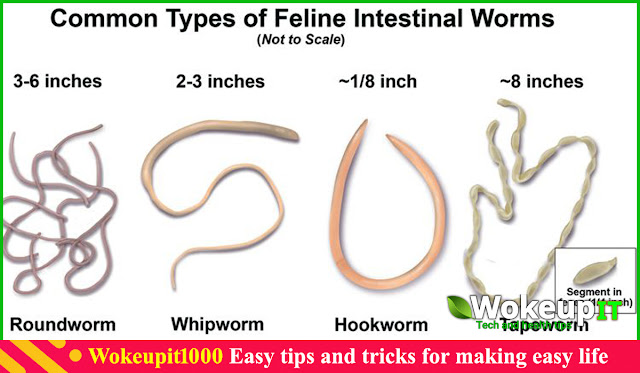Healthy Baby Food: What To Eat And What Not To Eat how find easy tricks(Wokeupit1000EasyTricks)
When it comes to feeding a baby, it's important to choose foods that are healthy and nutritious to support their growth and development. Here are some general guidelines for what to eat and what not to eat when it comes to healthy baby food:
Healthy Baby Food
How to make baby eat solid food - What to Eat:
- Fruits: Choose soft, ripe fruits that are easy to mash or puree. Some good options include bananas, peaches, pears, and avocados.
- Vegetables: Cooked, mashed vegetables are great for babies. Good options include sweet potatoes, carrots, peas, and squash.
- Grains: Rice, oatmeal, and other whole grains are a good source of carbohydrates and nutrients for babies. Choose whole-grain options whenever possible.
- Proteins: Soft, cooked meats like chicken or turkey are good sources of protein for babies. You can also offer cooked, mashed beans or tofu.
How to get a baby to eat when they refuse - What not to eat:
- Processed foods: Avoid processed foods like chips, cookies, and other snacks that are high in sugar and unhealthy fats.
- Honey: Honey can contain bacteria that can be harmful to babies. Avoid feeding honey to babies under one year old.
- Cow's milk: Cow's milk is not recommended for babies under one year old. Stick to breast milk or formula as the main source of nutrition.
- Foods high in salt or sugar: Foods that are high in salt or sugar are not recommended for babies. Stick to natural, whole foods whenever possible.
As for easy tricks, here are a few suggestions:
- Make homemade purees: Making your own baby food can be a great way to ensure that your baby is getting healthy, nutritious food. You can easily puree fruits, vegetables, and other foods using a blender or food processor.
- Use a steamer: Steaming vegetables is an easy and healthy way to prepare them for your baby. You can use a steamer basket on top of a pot of boiling water or invest in an electric steamer.
- Cook in batches: Cooking in batches can save time and make it easier to have healthy baby food on hand. You can freeze small portions of pureed fruits and vegetables to use later.
- Introduce new foods gradually: It's a good idea to introduce new foods one at a time to make sure your baby doesn't have an allergic reaction or intolerance. Start with small amounts and gradually increase the serving size over time.
Healthy Baby fruits list:
Introducing fruits to your baby's diet is a great way to provide them with essential nutrients, fiber, and natural sweetness. Here are some healthy baby fruits to consider:
Bananas: Bananas are a great first food for babies because they are soft, sweet, and easy to digest. They are also a good source of potassium and vitamin C.
Avocado: Avocado is a great source of healthy fats and is packed with nutrients like folate, vitamin K, and potassium. It has a creamy texture that makes it easy to puree for babies.
Pears: Pears are a good source of fiber and vitamin C, and have a sweet taste that most babies enjoy. They can be steamed or baked before pureeing for a smoother texture.
Apples: Apples are rich in antioxidants and fiber, and can be pureed or baked for a smooth texture. It's best to peel and core them before cooking.
Mangoes: Mangoes are a good source of vitamin C and fiber, and have a sweet taste that babies usually enjoy. They can be pureed or diced for a chunkier texture.
Peaches: Peaches are a good source of vitamin C and fiber, and have a sweet, juicy taste that babies often love. They can be steamed or baked before pureeing for a smoother texture.
Plums: Plums are a good source of fiber and vitamin C, and have a slightly tart taste that some babies enjoy. They can be cooked and pureed or diced for a chunkier texture.
Remember, when introducing new foods to your baby, it's important to start with small amounts and watch for any signs of allergic reactions or digestive issues. Consult with your pediatrician if you have any concerns about your baby's diet.
Related Post





